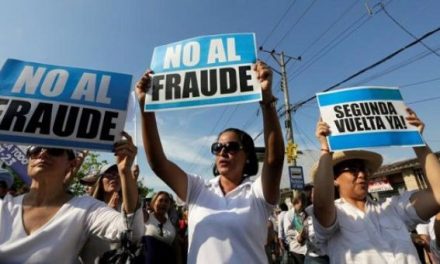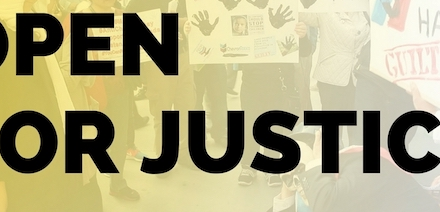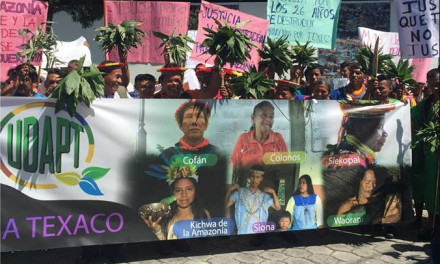NGO Statement on Ecuador’s CAITISA Commission Final Report
To President Rafael Correa,
To The members of the Commission,
Subject: Final report of the Commission for a Comprehensive Audit of Investment Protection Treaties and of the International Arbitration System (CAITISA) of Ecuador
We, the undersigned, urge the Ecuadorian government to publish and publicly release the full report of Ecuadorian Citizens’ Commission for a Comprehensive Audit of Investment Protection Treaties and of the International Arbitration System (CAITISA), created by presidential decree in 2013.
As social movements and organisations, we have supported and accompanied the creation of the Citizens’ Audit Commission in Ecuador, as this initiative is unique in the world. Our networks and social organisations have included the creation of a similar audit process based on Ecuador’s example in our demands to our governments.
However, we are highly concerned by the fact that one year after the completion of the auditing process, the Commission’s report has still not been published. Such a large delay affects us in different ways:
- It undermines the campaigns against the abusive investment protection regime that our movements have been carrying out in different countries and regions given many of us have presented the experience of the audit in Ecuador as a model for other governments to follow.
- It prevents us from using the process, methodology and the results of this audit in the debates currently underway at the global level on the role of the investor-state dispute settlement mechanism.
- It can influence the process towards a legally binding instrument on businesses and human rights at the United Nations. For our organisations, the revision of the investment regime and the process presided over by Ecuador in the United Nations Human Rights Council for the establishment of a binding instrument on human rights and transnational corporations and other business enterprises are intrinsically related. Many civil society organisations have been providing sustained support for this process at the UN.
While the publication of the audit’s report is delayed, corporations continue to use the arbitration system to file suits against our countries. Foreign investors continue to use the arbitration system as a means to pressure for changes to national legislation, forcing governments, in many cases, to retract policies aimed at protection human rights or the environment. This perverse system is used all around the world, but the majority of the lawsuits are still filed against Latin American countries. Up until 2015, 35% of the cases registered at ICSID involved Latin American countries.




